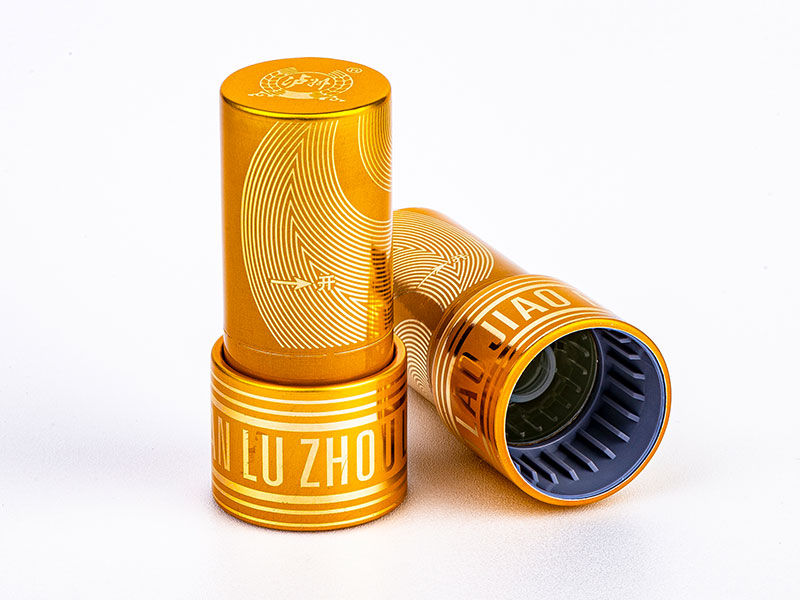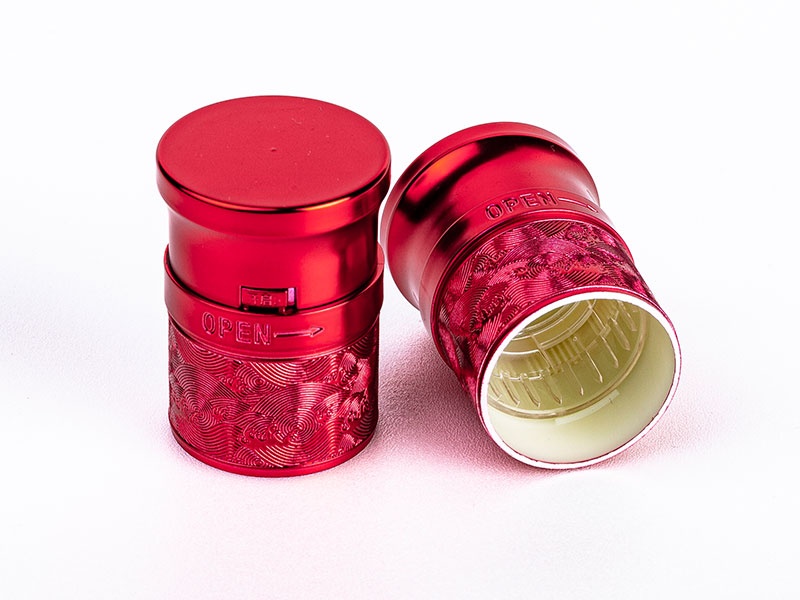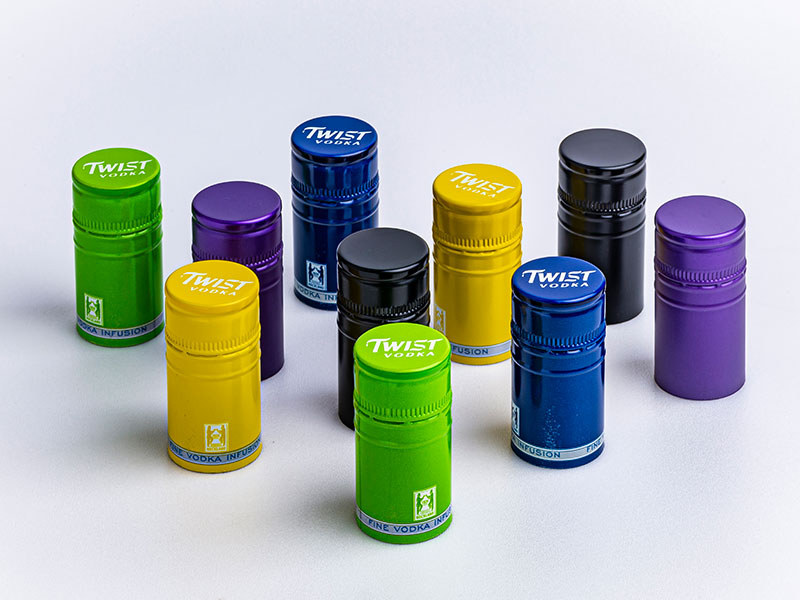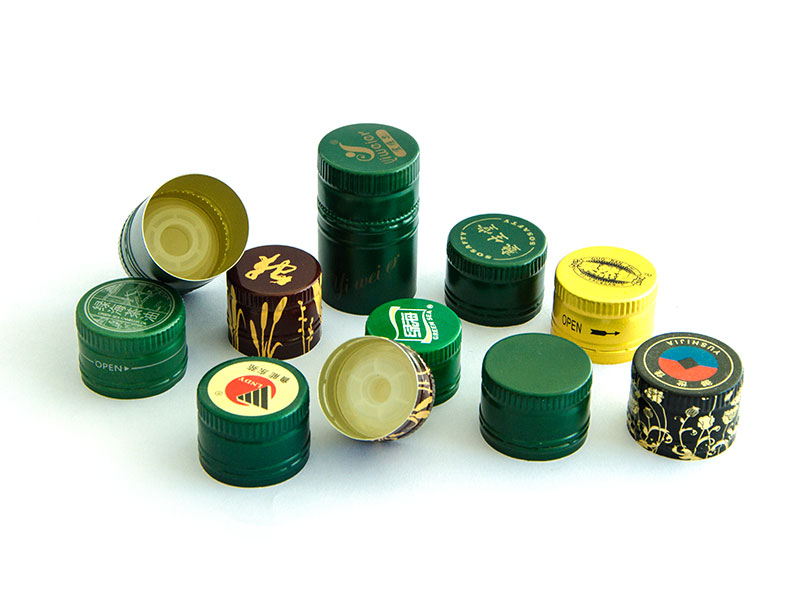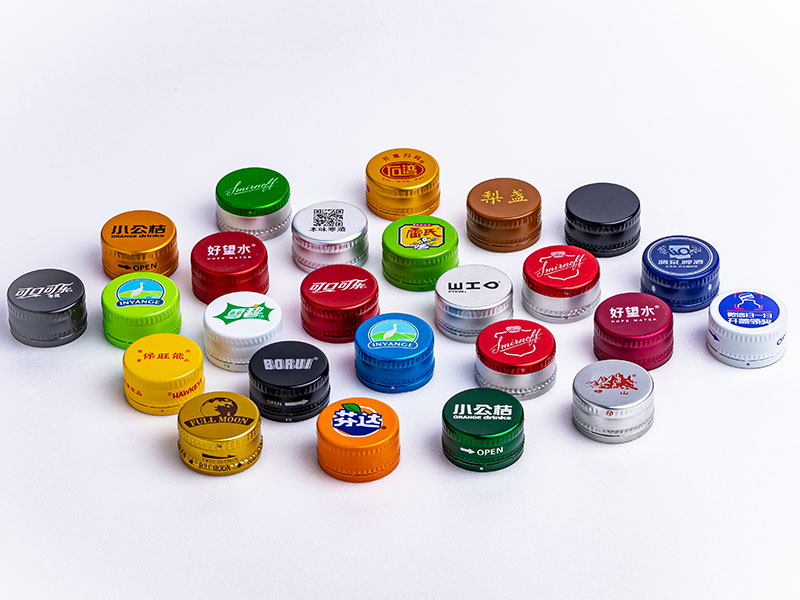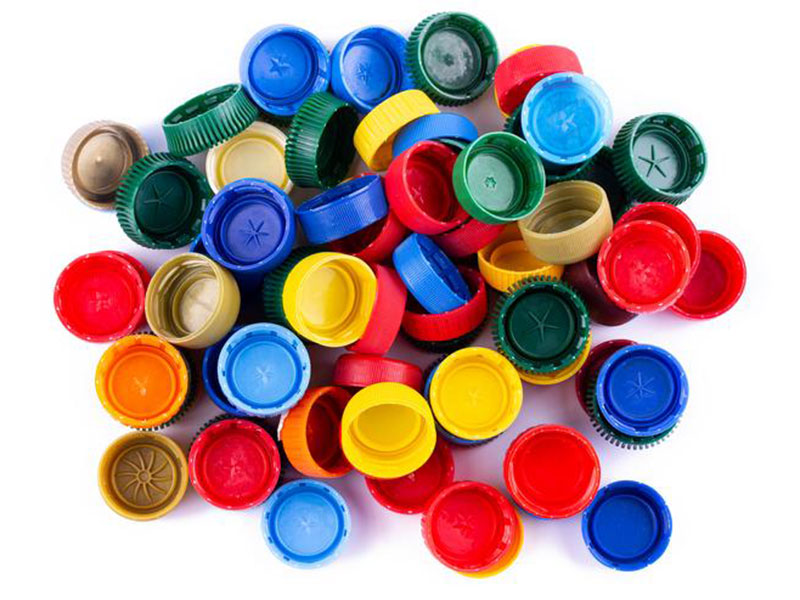Leak Proof Aluminum Soda Bottle Caps with High Pressure Resistance
When it comes to packaging carbonated beverages like soda, the humble bottle cap plays an outsize role in maintaining product quality, safety, and customer satisfaction. While much attention is often given to the beverage and the bottle material itself, the aluminum soda bottle cap’s engineering deserves equally meticulous focus—particularly in delivering leak proof characteristics combined with high pressure resistance.
The Challenge: Sealing Carbonation Under Pressure
Carbonated drinks contain dissolved carbon dioxide gas, which exerts significant internal pressure—often ranging between 2 to 4 atmospheres (around 30 to 60 psi), depending on the beverage type, carbonation level, and temperature. This constant internal pressure requires the bottle cap to not only form an airtight seal that firmly prevents leaks but also withstand pulsating high pressure that fluctuates during handling, temperature changes, and transportation.
A failure to provide robust sealing can lead to synaeresis (soda overflow), loss of carbonation, bacterial contamination, and ultimately consumer dissatisfaction.
Why Aluminum Alloy? The Material’s Role in Performance
Aluminum is chosen for soda bottle caps primarily because of a unique blend of properties:
- Lightweight: Aluminum’s density (~2.7 g/cm³) is about one-third that of steel, reducing shipping costs and consumer burden.
- Corrosion Resistance: High resistance to oxidation and reaction with beverage acids ensures shelf life stability.
- Ductility and Strength Balance: Certain aluminum alloys allow just the right malleability for precise compression sealing without early failure.
Tailoring Alloy Selection for Soda Bottle Caps
Not all aluminum alloys are created equal for this nuanced application. The most prevalent alloys devised for high-performance sealing caps belong to the 5xxx series, such as AA 5052 and AA 5083, known for their:
- Good Formability: Critical to shaping inner closure features.
- High Resistance to Stress Corrosion Cracking: Ensures durability in contact with acidic beverages.
- High Strength and Moderate Hardness: Maintains cap integrity under pressure.
Typical Chemical Composition for AA 5052 (wt %)
| Element | Min | Max |
|---|---|---|
| Aluminum (Al) | Balance | Balance |
| Magnesium (Mg) | 2.2 | 2.8 |
| Chromium (Cr) | 0.15 | 0.35 |
| Manganese (Mn) | 0.1 | 0.4 |
| Iron (Fe) | 0 | 0.4 |
| Silicon (Si) | 0 | 0.25 |
Ideal Tempering States
Temper designation affects the mechanical properties critically:
- H32 Temper: Strain-hardened and stabilized, offering medium strength and high formability.
- H38 Temper: Strain-hardened and partially annealed for higher hardness and strength but limits extreme forming.
Typically, H32 confident balances the need for strength—to withstand internal pressure up to 60 psi—and the ability to form intricate sealing geometries.
Engineering the Leak Proof Seal
Gasket Compatibility
This cap is frequently combined with a polymer gasket—often made from SBR (styrene-butadiene rubber) or a hybrid material such as UV-stabilized TPU. The gasket acts as the primary sealing agent and accommodates microscopic surface irregularities between the bottle lip and cap.
Precision Fabrication According to Standards
Manufacturing of aluminum soda bottle caps complies with international standards such as:
- ASTM B209 – Standard Specification for Aluminum and Aluminum-Alloy Sheet and Plate.
- ISO 4788 – Designation system for aluminum alloys.
- GPI (Glass Packaging Institute) Voluntary Standards for closures and sealing performance.
Advanced stamping and forming processes use tools calibrated to micro-level tolerances (+/- 0.01 mm), ensuring uniform compression and tight seals. Additionally, surface treatments such as anodizing bolster corrosion resistance without compromising mechanical resilience.
Pressure Testing Procedures
Caps undergo rigorous pressure testing—burst pressure tests mimicking static and dynamic loads multiple times at variable temperatures. Leak tests via helium mass spectrometry and vacuum decay methods confirm the integrity before mass production.
The Road Ahead: Sustainable & Smart Innovations
Innovations are gearing towards incorporating:
- Bio-based or biodegradable gasket materials to address sustainability.
- Smart indicators within the cap that detect seal integrity loss.
- Lightweight ultra-high strength aluminum alloys via controlled alloying and heat treatment to reduce material use but improve pressure performance.



